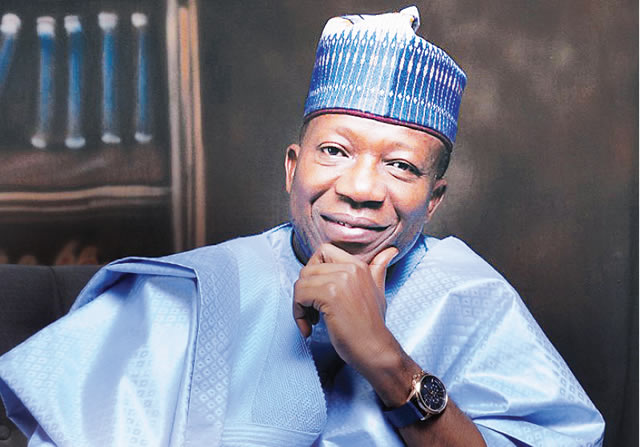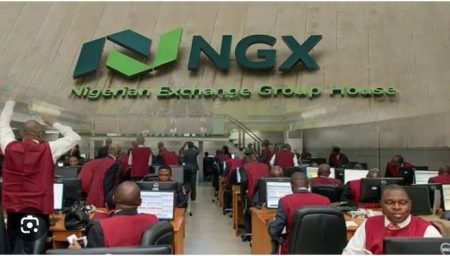Paragraph 1: A Vote of Confidence Amidst Criticism
Professor Abubakar Sulaiman, Director-General of the National Institute for Legislative and Democratic Studies (NILDS), has expressed strong support for the 10th National Assembly, praising its progress in legislative processes and the quality of bills passed. This commendation comes despite widespread public criticism and accusations of the Assembly acting as a "rubber stamp" for the executive branch. Sulaiman acknowledges the challenges facing Nigeria’s democracy but insists that the legislature deserves recognition for its advancements. He bases his assessment on a comparative analysis of the National Assembly’s performance across different periods in Nigeria’s history, highlighting the significant improvements in legislative conduct, internal stability, and the quality of legislation produced.
Paragraph 2: A Historical Perspective on Legislative Development
Sulaiman’s assessment is rooted in a historical perspective on the evolution of Nigeria’s legislative arm. He draws a comparison between the legislative landscape of the 1960s, the nascent democracy of 1999, and the present day. This historical context underscores the progress made in areas such as legislative processes, leadership conduct, and inclusivity within the National Assembly. He points to the turbulent past of the legislature, marked by frequent leadership changes and internal conflicts, as a benchmark against which to measure current improvements. The relative stability and cohesiveness of the 10th Assembly, he argues, are indicative of a maturing democratic institution.
Paragraph 3: Improved Leadership and Legislative Output
A key factor contributing to the positive assessment of the 10th Assembly, according to Sulaiman, is the experience and professionalism of its leadership. He credits the Senate President and Speaker of the House of Representatives for fostering an environment conducive to productive legislative work. This improved leadership, he argues, has translated into a higher quality of legislation, evident in landmark bills such as the Petroleum Industry Act, electoral reforms, and laws aimed at improving the ease of doing business. These legislative achievements serve as tangible indicators of the progress made by the 10th Assembly in addressing critical national issues.
Paragraph 4: Benchmarking Against Previous Assemblies
Sulaiman draws a direct comparison between the current legislative session and those of previous Assemblies. He emphasizes that the 10th Assembly demonstrates a marked improvement in the quality, content, and depth of engagement in legislative matters. This comparison serves to highlight the significant strides made in the quality of lawmaking and the overall functioning of the legislature. While acknowledging that there’s room for improvement, particularly in areas like gender and youth representation, Sulaiman emphasizes that the progress achieved should be recognized and encouraged.
Paragraph 5: A Call for Informed Public Engagement
While acknowledging the validity of public critique, Sulaiman calls for a more nuanced and informed engagement with the democratic process. He urges citizens to move beyond mere criticism and contribute constructively to the improvement of democratic institutions through research and advocacy. He emphasizes the importance of recognizing the positive advancements made, rather than focusing solely on shortcomings. Maintaining civilian rule for 26 years, a testament to democratic consolidation, is highlighted as a significant achievement that deserves recognition.
Paragraph 6: Progress, Not Perfection
Sulaiman concludes his assessment by stressing that democracy is a continuous journey, not a destination. While perfection remains elusive, the progress achieved by the 10th National Assembly is noteworthy and deserves both acknowledgement and encouragement. He advocates for a balanced approach that combines constructive criticism with an appreciation for the strides made in strengthening Nigeria’s democratic institutions. This approach, he believes, is essential for fostering a culture of continuous improvement and consolidating the gains made in Nigeria’s democratic journey.













